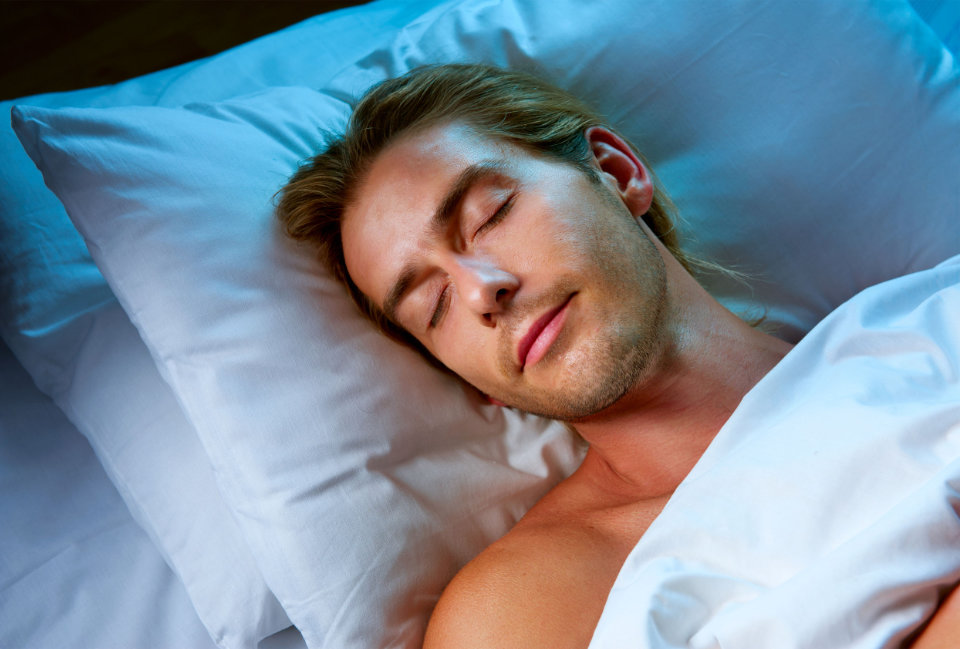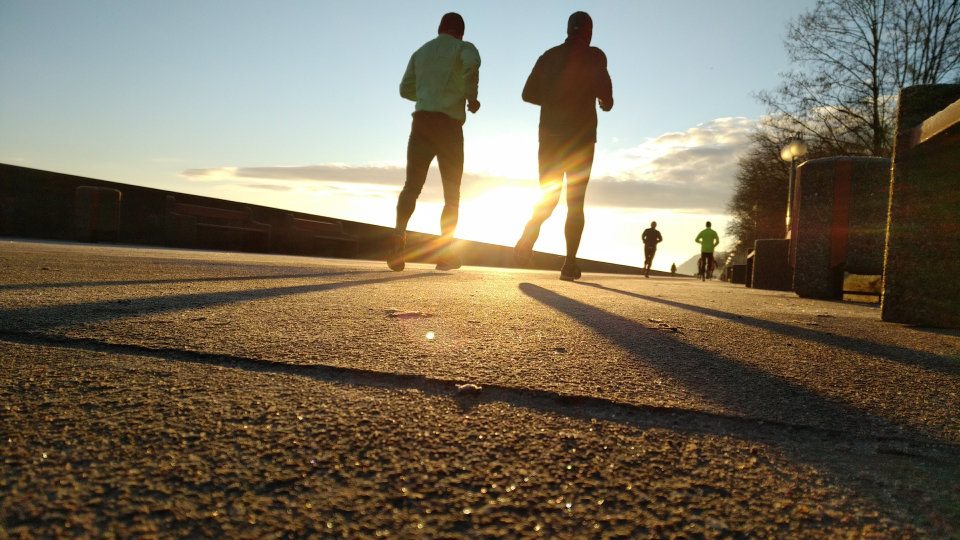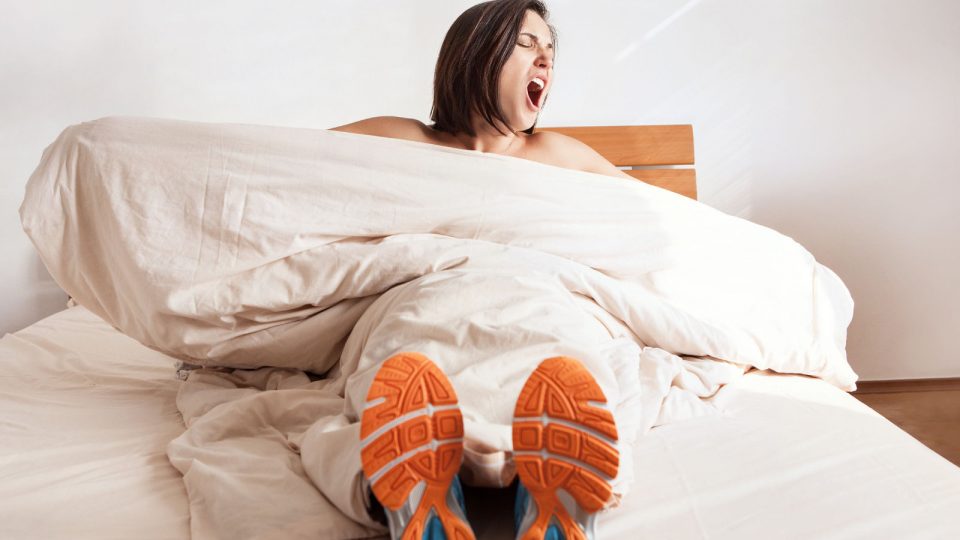It is crazy how one night of poor sleep can make a total mess in our lives. People forget things, and they are out of focus, drowsy, moody, etc. And the thing is, we are all kind of used to it, because we have all been through it, and we know the drill.
You stay up late, sleep for two or three hours, wake up feeling even more tired, go to work, and try to survive the day without falling asleep at the desk or spilling coffee.
But, what about other activities, such as running? Can sleep affect our performance, and how? If you are running recreationally, you can allow yourself to skip one run from time to time.
However, if you run half marathons, and have a desire to become a professional athlete, you better change your sleep routine. Here is why sleep is important:
The Power of Sleep
If you want to have a healthy sports lifestyle, you probably know that not everything is in working out. You have to eat well, consume enough calories, stay hydrated, and sleep well.
Getting enough sleep is equally important, if not even more because while we are sleeping, multiple restorative processes are happening in our body. On average, an adult person needs from 7 to 9 hours of sleep every night.
Everything less than seven hours can impair your performance, and you risk developing chronic sleep deprivation.

Should You Run on Poor Sleep?
If you can go to work after a sleepless night, you sure can run. But nothing is going to be pleasant about it. It is not all about being physically exhausted; after a night of poor sleep, your mind is drained.
It almost feels like your brain is more tired than your body because it is so hard to deal with it mentally.
You should always listen to your body and mind, so in these situations, it is better to walk instead of running. If you continue pushing and running, you are probably going to pass out, or exhaust yourself too much.
Running should not be a struggle, so when you feel that you cannot do it any longer, stop. Go back home, sleep well, and then try again.
How Lack of Sleep Affects Runners
Runners are no quitters, but sometimes they tend to underestimate the power of sleep and jeopardise their performance on race day.
If you did not know, here are some of the ways how poor sleep is undermining your success.
- Athletes who are sleep-deprived tend to get exhausted 11% sooner than those who slept well. Also, working out will feel harder too.
- There are some indications that lack of sleep impairs the ability of our body to sweat. Less sweat means that it will be harder for your body to cool down when it is hot.
- During sleep, our muscles are recovering and healing. When you don’t sleep enough, those processes are not occurring properly, and you are at a higher risk of injuries.
- When we are not resting, our immune system suffers, and you cannot run with a weak immune system, you are more likely to catch a cold, flu or develop inflammation, and that means no running.
How Ultramarathon Runners Do It
If you want to become a pro, in any field, you have to be more than 100% committed to your goals. A study from 2018 followed the strategies and sleep habits of ultramarathon runners.
Researchers consider questionnaire responses from 636 runners to get a clue of their sleep routine. In general, the results showed that this group of people sleep longer on weekends, up to 9 hours, while during the weekdays they sleep up to 6-7 hours.
A quarter of them naps during workdays, while almost half of them claim to nap on weekends.
The majority of participants, almost 74% of them reported that they do have a particular sleep strategy before their marathons.
When it comes to the amount of sleep, 55% of them say that they are trying to increase their chances of sleep when the big day is approaching.
Researchers also concluded that this group of participants had a very low rate of daytime sleepiness. When compared to other athletic populations, ultramarathon runners have a significantly lower rate, which may be due to the fact that so many of them nap regularly.
To summarise, results from a questionnaire showed that the primary sleep strategy among runners who are preparing for ultramarathons is increased sleep time overnight and daytime naps.
This study is just a small step towards a better understanding of how sleep impacts the performance of athletics, particularly runners, because there are not many studies related to this topic.

How To Sleep And Run Better?
Professional runners are known to take often afternoon naps. Here are some things that you can do to get better sleep:
- Set a consistent sleep routine: People who have sleeping disorders usually have inconsistent sleep schedules. Practice to go to bed at the same time every night and wake up at the same time each morning.
- Create a good sleeping environment: Several research shows a good sleeping environment can improve the quality of your sleep with factors like dark, quiet and cool. You can also leave a little bottle of lavender oil on your night table and rub a couple of drops into your palms. Lavender is one of the most popular essential oils for insomnia and improving sleep quality.
- Prepare for sleep: When you are going to bed, train your body to acknowledge your process of getting to sleep. For example, a short reading time, meditation or listening to some calming music.
- Use quality bedding: Choose a good supportive mattress is important for a good sleep. Make sure your pillow is not too soft or hard and support your head well.
To Run or Not to Run
We do not have to be ultramarathon runners, but we can apply their tactics and realise from their example of how vital sleep is. Even if you are only running around your neighbourhood, occasionally run a marathon, you have to get enough sleep.
And not just any sleep, fragmented sleep, or polyphasic sleep would not do the trick. You have to find enough time to sleep well and consider sleep as your greatest ally. Only that way, running can become a satisfaction.
The quality and quantity of our sleep have a profound impact on our performance, mood, and overall health. Regular running can actually improve your sleep cycle, helping you to fall asleep faster and enjoy a deeper, more restful sleep.
Interestingly, the connection between running and sleep can also extend into our dreams. Ever had a dream about running? This in-depth article explores what these could mean.
Are you getting enough or lack of sleep? Let us know in the comments below.





